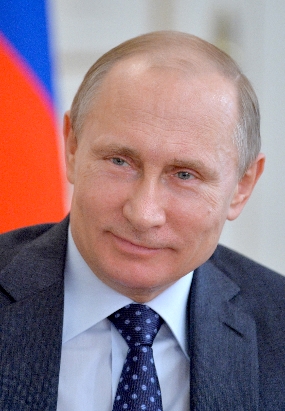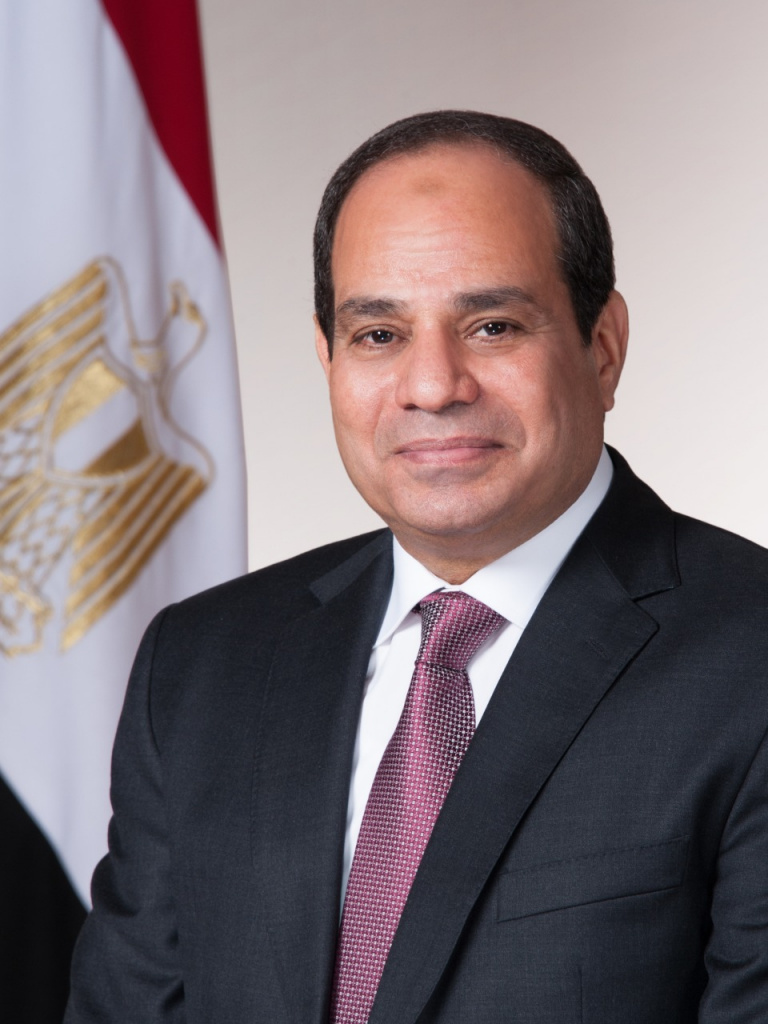Russia–Africa: Sustainable Energy Development
Key conclusions
The potential for cooperation between Russia and Africa, including in resource processing projects, needs to be fulfilled
“Africa is the most promising market for Russia. It is not only about energy. It is about the whole system of our relations. [The countries of Africa are, – Ed.] 54 members of the United Nations, which, for the most part, have not supported economic sanctions against the Russian Federation. We should be grateful to the African continent because it understands that one cannot politicize the agenda. One needs to develop normal relations, no matter what,” Irina Abramova, Director, Institute for African Studies of the Russian Academy of Sciences.
“There are discussions about getting more fertilizers from Russia. We can apply Russian technology ourselves to produce these fertilizers, and we can set up these operations. We cannot keep talking about the potential [to implement joint projects to produce and use gas on the African continent, – Ed.] and do nothing. If we take the extraction of natural gas on our continent and see what Russia can help us here to develop these deposits, we can realize this potential. We can explore our own projects as well, produce energy from gas, promote these projects and solve the problems of the energy crisis,” NJ Ayuk, Chairman, African Energy Chamber.
“Russia’s task is to strengthen the sovereignty of African countries politically, economically, and technologically. Unlike Western countries, we advocate the creation of Africa’s own facilities not only for the extraction of energy resources, but also for their processing and further use. The continent is desperately short of oil refineries, hydroelectric power stations, renewable energy facilities and other critical infrastructure. Russia sees it as a priority to build these and other capacities needed to ensure the energy security of African countries,” Oleg Ozerov, Ambassador at Large, Ministry of Foreign Affairs of the Russian Federation; Head of the Secretariat, Russia–Africa Partnership Forum.
Problems
Africa’s unequal access to resources
“Six hundred million people do not have access to electricity. Nine hundred million people do not have access to sources for cooking – mainly women. Access to resources for people is no longer an issue that we can somehow play around with. It’s a human rights issue,” NJ Ayuk, Chairman, African Energy Chamber.
“Of course, the elements of sustainable development, the decarbonization of the economy are very important in the world – both in Russia and in African countries. But first of all, I would like to focus not on the principles of sustainable development and green economy, but on the principles of equal access to cheap and efficient electricity, which corresponds to paragraph 7 of the UN Sustainable Development Goals. It is important to have not only light but also water in every home,” Sergey Machekhin, Deputy General Director Project Engineering and International Cooperation, RusHydro.
Lack of qualified personnel in Africa’s energy sector
“In the process of implementing projects, we are raising a whole generation of engineers who can think for themselves and are capable of making complex decisions on their own. What is more, the facilities we build require special knowledge and education to operate them. In geothermal energy, for example. Africa has a lot of geothermal energy potential, and we now operate quite a few geothermal plants in the Far East and are ready to share all the knowledge,” Sergey Machekhin, Deputy General Director Project Engineering and International Cooperation, RusHydro.
“Thank you for the fact that you are not just building something but training local professionals. This is one of the most important problems for Africa today,” Irina Abramova, Director, Institute for African Studies of the Russian Academy of Sciences.
Solutions
The need for new cooperation mechanisms between Russia and Africa
“In recent decades, Russia's foreign policy has focused on developing relations with Western countries. Under the new conditions of the world order, the situation has changed radically. Today our country attaches particular importance to the formation of new political and economic alliances, of which the African region is one of the most important. Most countries of the continent see our country as an ally in the struggle against the neo-colonial domination of the West as well as alternative markets,” Oleg Ozerov, Ambassador at Large, Ministry of Foreign Affairs of the Russian Federation; Head of the Secretariat, Russia–Africa Partnership Forum.
“Russia wants to help Africa strengthen its energy sovereignty, not only energy sovereignty, but also economic sovereignty. We definitely need to build a completely new mechanism for our relations,” Irina Abramova, Director, Institute for African Studies of the Russian Academy of Sciences.
“For us, for Russian business, the current period of transformation is also new, and we have been operating in a completely different way, just like you until recently. The events that took place in spring [the European Union imposed sanctions on Russia, – Ed.], they certainly made changes in all spheres of activity, including business. We have been receiving a lot of inquiries lately from our companies who had not thought about Africa before. But building cooperation and organizing work takes time,” Anna Belyaeva, Executive Director, Association of Economic Cooperation with African States.
Please be reminded that the Russia–Africa Summit and Economic Forum will be taking place in the summer of 2023 in St. Petersburg.
For more information, visit the Roscongress Foundation’s Information and Analytical System roscongress.org and on the official Forum website rusenergyweek.com.


